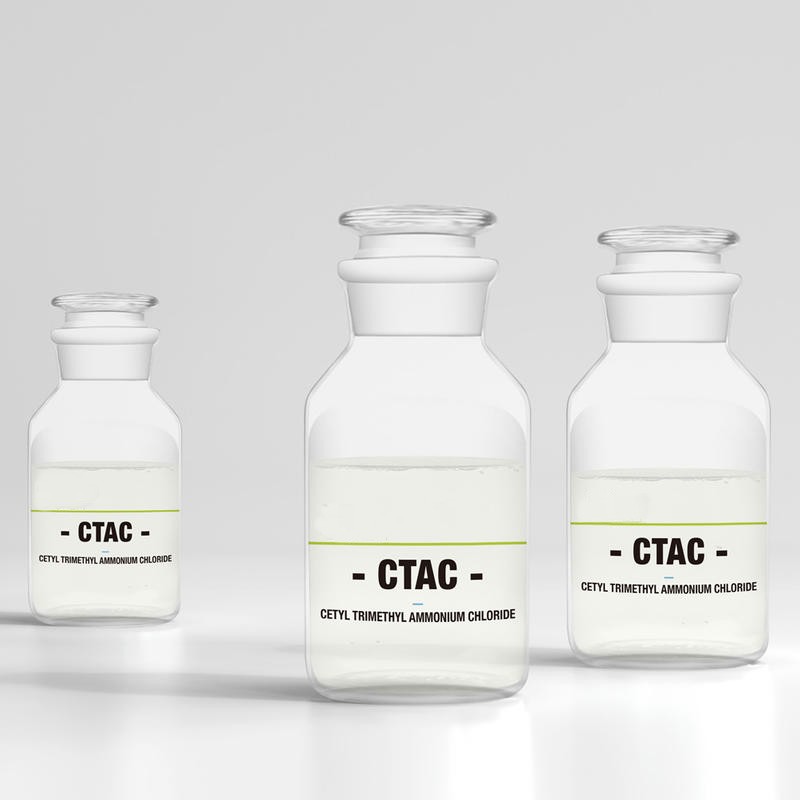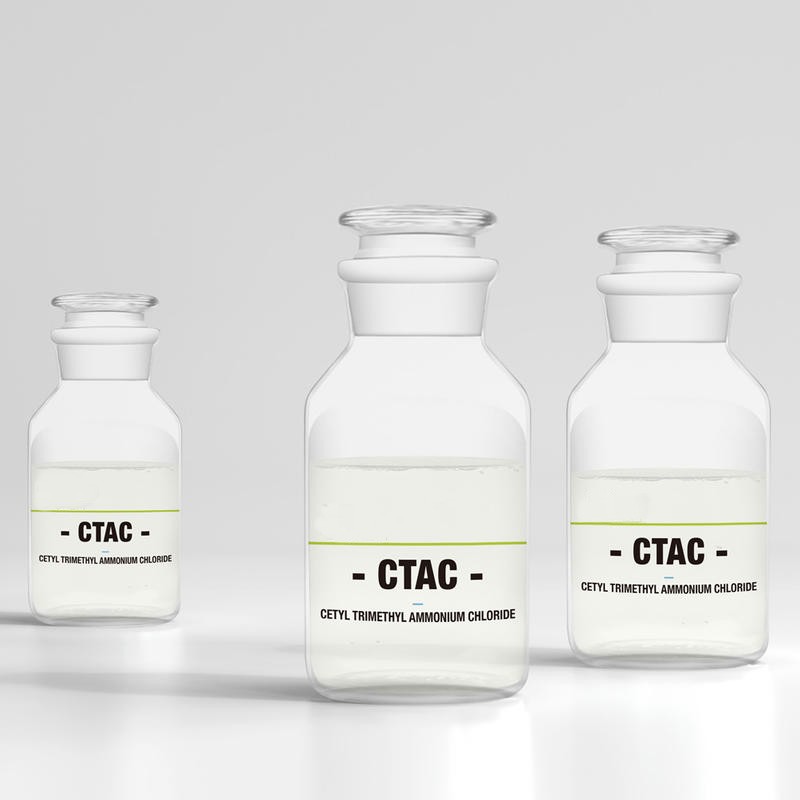Ammonium Chloride
Epoch Master® Ammonium chloride, abbreviated as ammonium chloride, is an inorganic substance with the chemical formula of NH4Cl. It refers to the ammonium salt of hydrochloric acid, which is mostly a by-product of the alkali industry. With nitrogen content of 24%~26%, it is white or slightly ye......
Send Inquiry
Product Description
Epoch Master® Ammonium chloride, abbreviated as ammonium chloride, is an inorganic substance with the chemical formula of NH4Cl. It refers to the ammonium salt of hydrochloric acid, which is mostly a by-product of the alkali industry. With nitrogen content of 24%~26%, it is white or slightly yellow square or octahedral small crystals. There are two dosage forms: powder and granular. Granular ammonium chloride is not easy to absorb moisture and is easy to store. Powdered ammonium chloride is mostly used as basic fertilizer for compound fertilizer production. It is a physiological acid fertilizer, which is not suitable for application on acid soil and saline alkali soil due to its high chlorine content. It is not suitable for use as seed fertilizer, seedling field fertilizer or foliar fertilizer, nor for application on chlorine sensitive crops (such as tobacco, potato, citrus, tea tree, etc.). Ammonium chloride has a high and stable fertilizer effect in rice fields, because chlorine can not only inhibit nitrification in rice fields, but also help to form rice stem fibers, increase toughness, and reduce rice lodging and pest invasion.

1. It can be used as raw materials to manufacture dry cells and batteries, other ammonium salts, electroplating additives, and metal welding flux;
2. It is used as a dyeing auxiliary, as well as tin plating and zinc plating, tanning, medicine, candle making, adhesive, chromizing and precision casting;
3. Used in medicine, dry battery, textile printing and dyeing, detergent;









